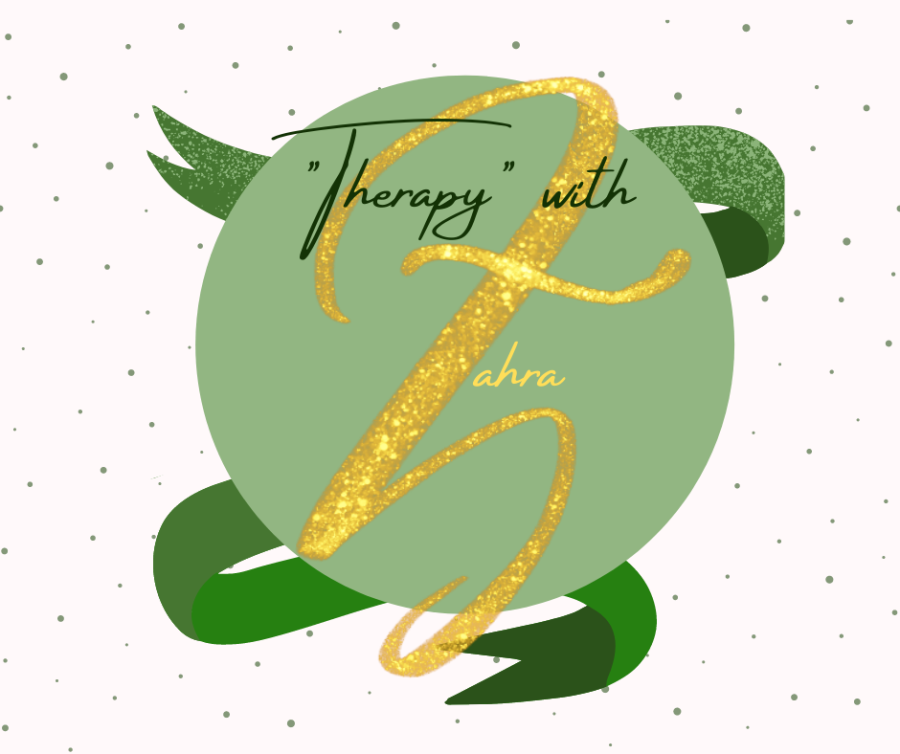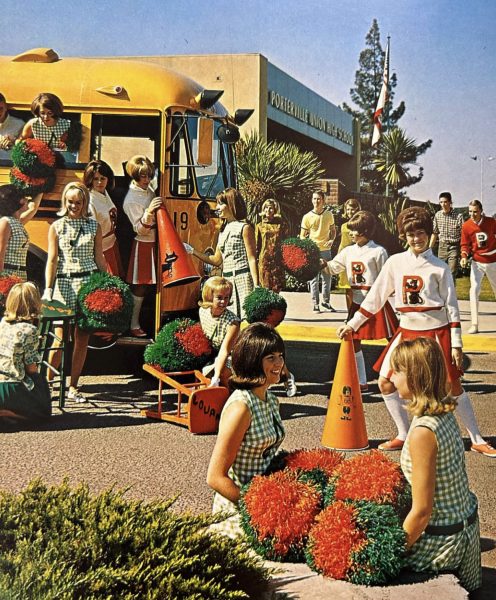“Therapy” with Z
Grieving & Loss
High school is a hard time in life to go through, with the mental health issues to gossip, and let’s not forget about COVID 19 throwing everyone off. I decided to reach out to some students to see what their biggest struggles were. One of the struggles is struggling with a loss. One thing people tend to forget through life, is how life works. You’re born, grow up, become old, and than die. Yes, it sounds harsh but it’s the sad truth of life. Some people may think, why live a long life just for it to be gone in a snap of a finger. Well it’s your choice to make history in this world. With having all the years getting close to another soul, it can all go away the second they die. The worst part is, no one will ever know when they die, it can just happen whenever, wherever, and to whoever. Lets start with the five stages of grief. The five stages of grief are the most typical stages people go through when an inconvenience goes on in someone life.
Denial
The denial stage is actually pretty important through getting over a loss. In this stage you become numb, and start to wonder what the purpose of life is just for it all to go away so quickly. It changes your whole perspective on life and you feel like your in shock. In the denial stage your not living in “actually” reality, you’re living in a “preferred” reality where you are making yourself believe something other than the truth. This stage is the most helpful way to cope with grief. Instead of just stacking and being overwhelmed with dealing with all that grief at once, you deny it to stall and give you more time to cope. After this stage starts to fade, the healing process begins.
Anger
Once you come back to reality and your out of the preferred reality, the anger feeling starts to creep up on you. This is the stage where you start getting those subliminal voices in your head asking “Why me”, “This is all my fault”, or “Life is not fair”, and “What did I do to deserve this.” This is the scary stage where you start blaming others for the cause, such as your close friends or family. Researchers have studied this stage is totally necessary to go through to get over your grief. Underneath anger is your pain so in order to get over your pain you must get rid of the anger first.
Bargaining
After the loss you feel like you need to do anything you can to get them back. You may think things like, “I will never be angry at my wife again if you’ll just let her live.” After a loss, bargaining may take the form of a temporary truce. “What if I devote the rest of my life to helping others. Then can I wake up and realize this has all been a bad dream?” This is what you do to make yourself think there’s a way to reverse but there’s not.
Depression
After bargaining, our attention moves squarely into the present. Empty feelings present themselves, and grief enters our lives on a deeper level, deeper than we ever imagined. This depressive stage feels as though it will last forever. This is not a sign of a mental illness, it’s simply just the way of getting over the loss.
Acceptance
Acceptance is often confused with the notion of being “all right” or “OK” with what has happened. This is not the case. Most people don’t ever feel OK or all right about the loss of a loved one. This stage is about accepting the reality that our loved one is physically gone and recognizing that this new reality is the permanent reality. In order to get over the loss, you need to realize and actually know that they are gone. It’s going to be really hard especially after you know that person for many of years. You must realize that now all you have are happy memories,










